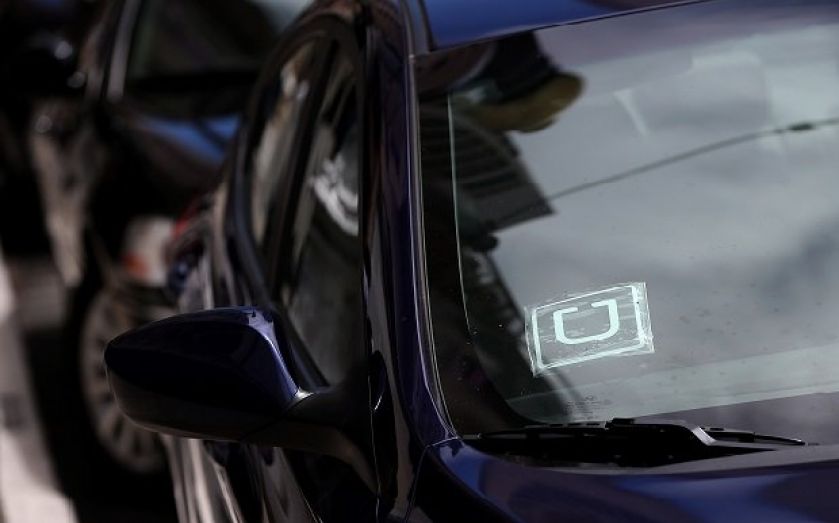Uber vs Lyft: Battle over false order claims escalates

The bitter battle between ridesharing apps Uber and Lyft has been driven to new levels of intensity with both sides accusing the other of foul play.
The gloves came off last week when San Francisco start-up Lyft, famous for its eccentric pink moustaches on car bonnets and recommendation that passengers greet their driver with a fist bump, accused Uber of ordering and then cancelling more than 5,000 Lyft rides since October.
Uber is not unfamiliar with such accusations. Back in January, the company was accused of similar dirty tricks by competitor Gett. The same day Lyft made the accusations against Uber, it re-introduced the 20 per cent commission it charges its drivers, though this is waived if a driver clocks up more than 50 hours.
Uber has not taken the accusations lightly and hit back with a statement issued to Techcrunch:
Lyft’s claims against Uber are baseless and simply untrue. Furthermore Lyft’s own drivers and employees, including one of Lyft’s founders, have canceled 12,900 trips on Uber. But instead of providing the long list of questionable tactics that Lyft has used over the years, we are focusing on building and maintaining the best platform for both consumers and drivers.
In a further swipe at its pink-mustachioed rival, Uber went on to claim that Lyft had embarked on this tactic after urging it to buy the smaller company out. One of Lyft's largest shareholders threatened to "go nuclear" if Uber did not make a bid, the statement claims.
Lyft has now responded with an outright attack, claiming: "Once again Uber is deceiving the public, now with false allegations and an attempt to deflect from their illegal cancel campaign."
There is a lot at stake in the dual between the two start-ups. Last week, both launched a new feature that allows customers to split the cost of a ride with others who are heading in the same direction. They are also furiously trying to recruit each other's drivers to gain a competitive edge.
The two Californian start-ups have received significant funding since the start of 2014. At the beginning of the year Uber raised $1.2bn (£718m) of primary capital. In April, Lyft raised $250m (£150m) in a series D funding round from Hedge fund Coatue management and e-commerce giant Alibaba.
The new ridesharing apps have both come under intense attack from the established taxi industry, regulators and luddite politicians.
Recently valued at $18.2bn (£10.8bn), Uber operates in more than 100 cities in 42 countries. Meanwhile Lyft, which was valued at $700m (£419m) funding in April operates in 42 US cities.